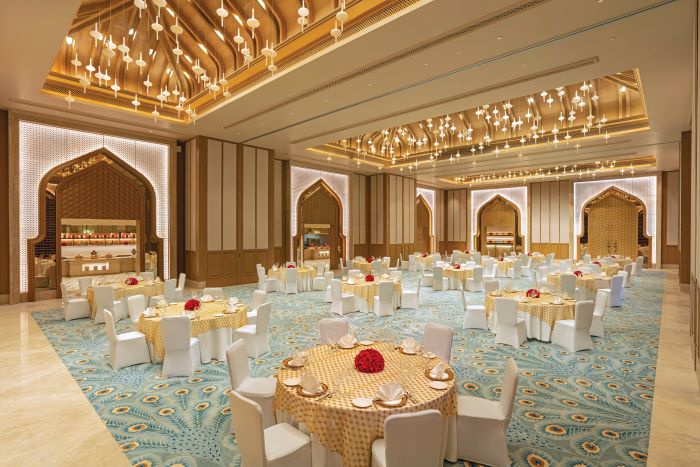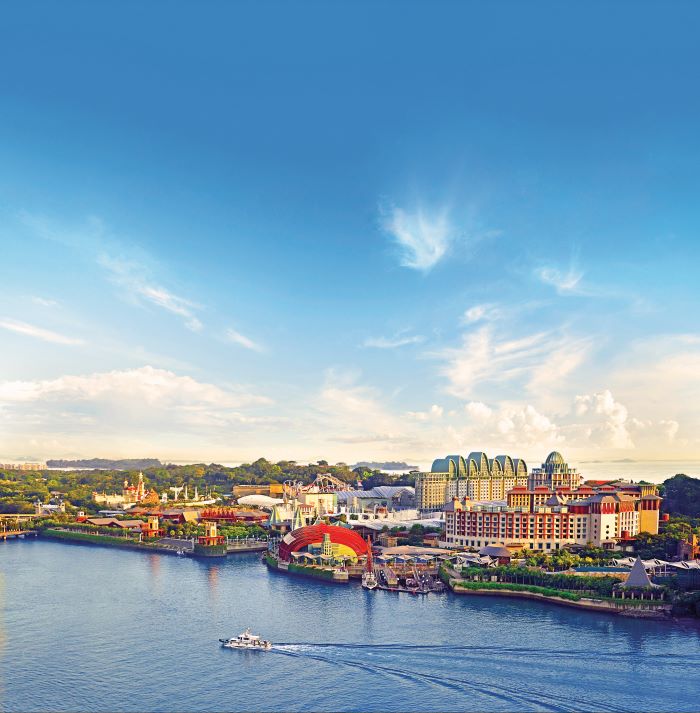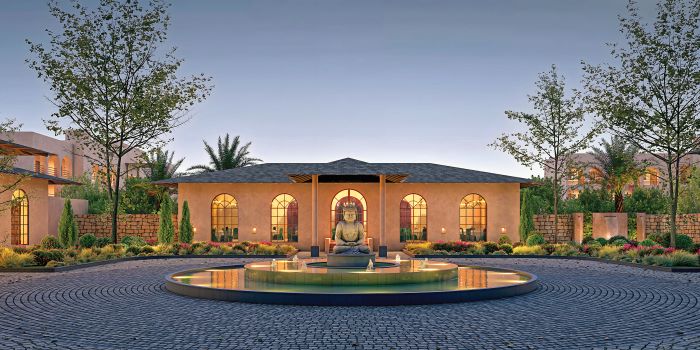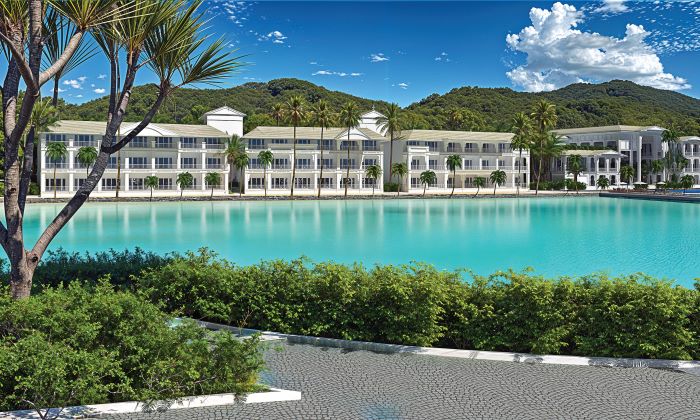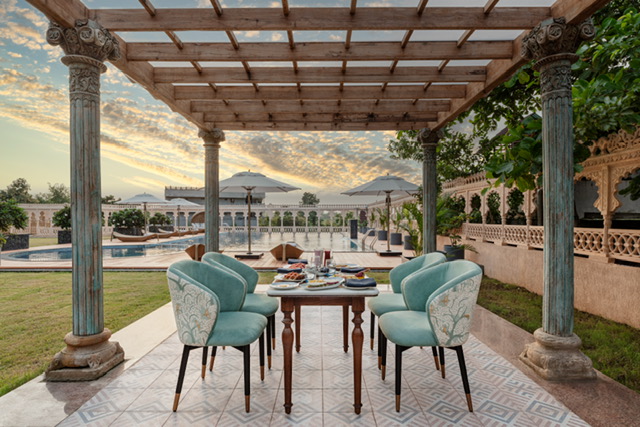There has been significant shift in hotel design, with banquets evolving from ancillary spaces to central elements in hotel planning
Sakshi Singh
Hotel design has witnessed a drastic change in the past decade. Banquets were an afterthought for most of the hotels built at the turn of the millennium, but things have changed radically with banquets taking centre stage during the conceptualisation of a hotel. The common practice in hospitality circles was that if you have surplus space in the property, add a banquet, which would lead to an additional source of revenue and help in better utilisation of the land. Hoteliers soon realised that a banquet or an event space does not necessarily have to be an attachment, it can be a differentiator, if planned properly, and can help in diversifying sales. “Banqueting revenue can help stabilise a hotel’s income, particularly during periods of seasonal fluctuations in room occupancy. While room bookings may vary throughout the year, events such as weddings, conferences, and corporate functions provide a more consistent source of income,” Ashish Jatia, Executive Director, Rhythm Hospitality, said.
The wedding market in India is estimated to have touched US$75 billion in 2023, with the cost of the event space along with allied services such as catering and decoration accounting for the bulk of the expenses. On the other hand, the M!CE market has been clocking double-digit growth for the past couple of years. A combined multi-billion market of wedding space and M!CE forced hotels to focus on designing flexible and functional banquets. “The banqueting business is important, especially in key destination wedding markets such as Jaipur. Depending on the location, the segment contributes 15 to 30 per cent to the overall revenue of a hotel. Additionally, having banquets located on the ground floor with access to garden spaces or lawn areas is immensely advantageous, especially for weddings and social functions,” Sarbendra Sarkar, Founder and Managing Director, Cygnett Hotels & Resorts, said..
When a banquet space is not designed along with the hotel, several niggling issues become apparent when the banquet is made functional at a later stage. For instance, not taking into consideration the utility area required to host a large gathering often impacts the functionality of the banquet space. Similarly, the distance and capacity of the parking space can affect the demand for a banquet, especially in the case of high-end properties. “The banqueting design should consider aspects such as closeness to kitchens for glitch-free F&B service and adequate space for guests to move around so that an event or a wedding can be conducted smoothly,” Sarkar explained.
An important distinction to be made, while conceptualising a hotel is the kind of events the property would be primarily targeting. If a hotel is situated in a business district, the flagship event space should be targeted at M!CE events and the aesthetics and design should reflect that. “Hotels across locations should include banqueting spaces in their initial design plans to maximise revenue from weddings and social events. However, the extent of inclusion should align with market demand, location-specific factors, and the hotel’s overall business strategy to ensure optimal utilisation and profitability,” Jitendra Kumar, Director, F&B, Courtyard by Marriott Pune Chakan, pointed out. .
The social media-led transformation of culture has led to a rise in the number and variety of events, making flexibility the core of all banquet designs. An event space should be flexible enough to be modified to host different kinds of events. Hotels can use outdoor areas, terraces, and rooftop areas to offer clients additional options for hosting events. “By utilising modular setups, innovative technology integration, and multifunctional design, we ensure that our banquet spaces can effortlessly handle different event requirements, maximising income prospects,” Amit Raman, General Manager, Radisson Blu Pune Hinjawadi, said. Banquets on the ground floor in proximity to the lawn or spaces that combine an indoor and outdoor setup get top billing amongst clients.
The aesthetics, space utilisation, entrance area, colour combination, and availability of compatible technology play an important role. The emergence of smart lighting and decorative solutions has opened a Pandora’s box of demands by the clients, which has made technology integration a non-negotiable element of the design. State-of-the-art audio-visual equipment, lighting controls, and other technology features have become vital elements of banquet design. “When designing a banquet hall, it is crucial to integrate it with the other hotel facilities and ensure its coexistence with other areas,” elaborated Dmitri Cooray, Managing Director, Jetwing Hotels. Highlighting technology integration at Jetwing’s event spaces, Cooray said, “With soundproof walls and modern technology, these spaces ensure absolute seclusion and comfort.”
A well-designed banqueting area improves operational efficiency by streamlining processes such as event setup, food service, and clean-up. It leads to smoother event execution and better utilisation of staff resources. An efficiently-run banqueting space can help a hotel differentiate itself in the fiercely competitive hospitality market.
“Banqueting business is very important, especially in key destination wedding markets such as Jaipur”
Sarbendra Sarkar, Founder & MD, Cygnett Hotels & Resorts
“Banqueting revenue can help stabilise a hotel’s income, particularly during periods of seasonal fluctuations in room occupancy”
Ashish Jatia, Executive Director, Rhythm Hospitality
“With innovative tech integration, our banquet spaces can effortlessly handle different event requirements”
Amit Raman, General Manager, Radisson Blu Pune Hinjawadi
“When designing banquet hall, it is crucial to integrate it with other hotel facilities & ensure its coexistence with other areas”
Dmitri Cooray, MD, Jetwing Hotels


